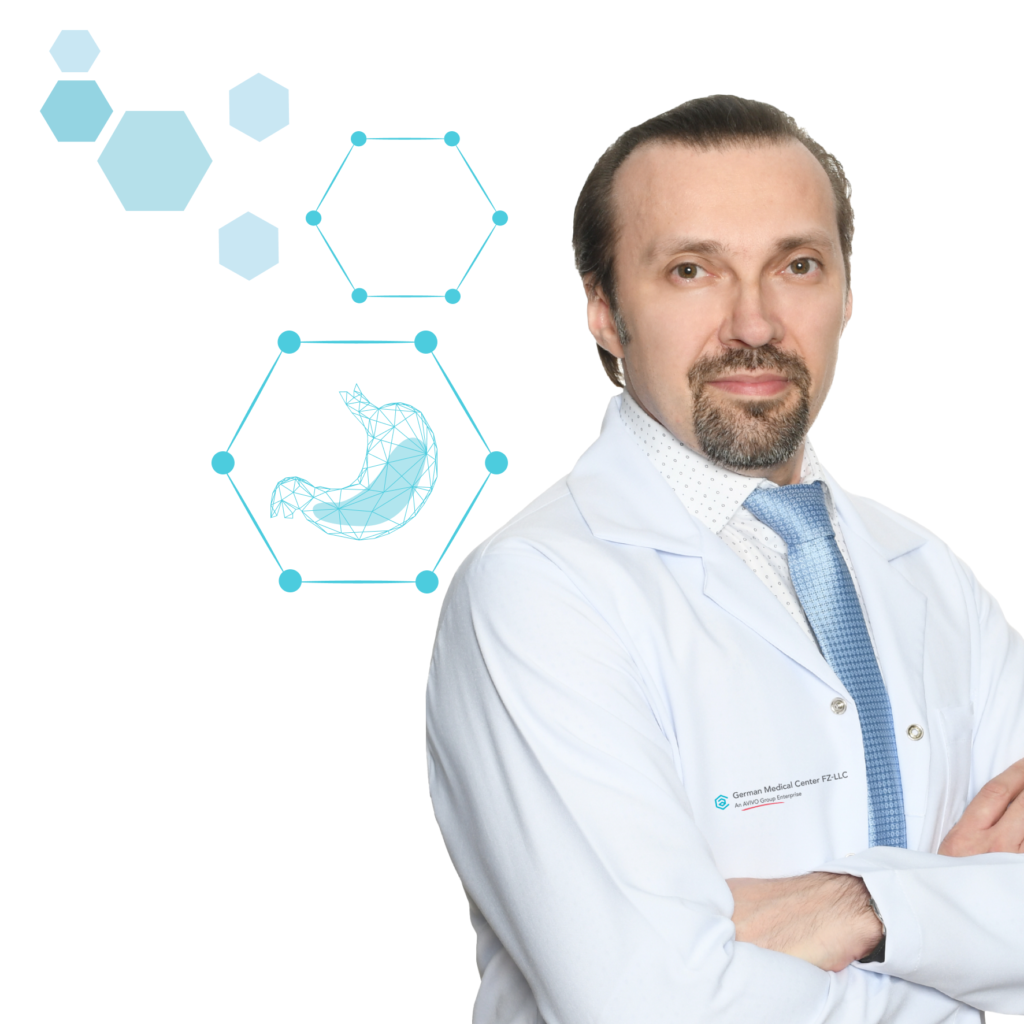
Dr. Sebastian Cuzincu
Gastroenterology and Internal Medicine
The symptoms of stool with blood and pain, also known as rectal bleeding, can vary depending on the underlying cause.
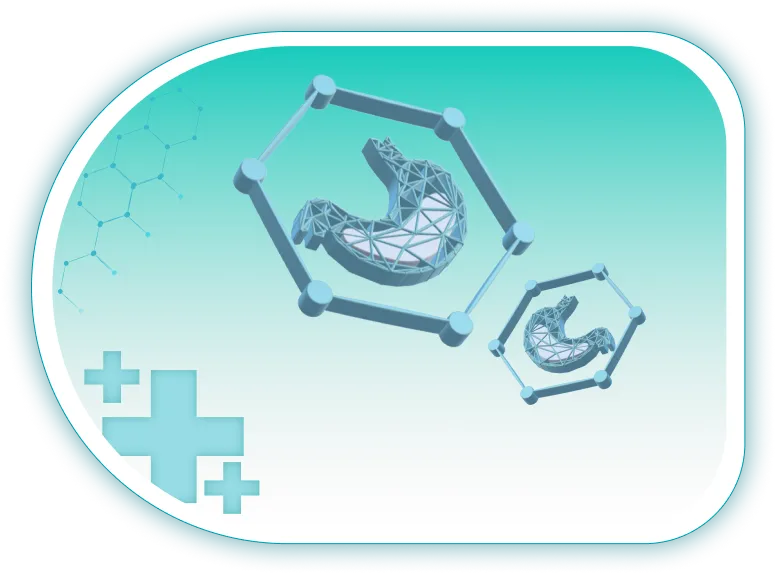
Blood in the stool, also known as rectal bleeding, can be a concerning symptom for many people. It may be a sign of a serious condition, such as colorectal cancer, or it could be a minor issue such as hemorrhoids. Whatever the cause, it’s important to seek medical attention if you notice blood in your stool.
At German Medical Center, we understand how worrying it can be to experience rectal bleeding. That’s why we offer comprehensive treatment options to help diagnose and treat the underlying cause of the bleeding.
The first step in treating blood in the stool is to determine the cause. This may involve a physical exam, blood tests, imaging tests such as a colonoscopy or CT scan, or other diagnostic procedures. Once the cause of the bleeding has been identified, we can then develop a treatment plan that is tailored to your specific needs.
Depending on the cause of the bleeding, treatment options may include medications, dietary changes, or surgery. For example, if the bleeding is caused by hemorrhoids, we may recommend over-the-counter creams or ointments, as well as changes to your diet to help soften your stool and reduce straining during bowel movements. If the bleeding is caused by a more serious condition, such as colorectal cancer, surgery may be necessary to remove the tumor.
At German Medical Center, our team of highly trained medical professionals are dedicated to providing you with the best possible care. We understand the importance of early diagnosis and treatment when it comes to bleeding from bowel, and we are committed to working with you to find the right solution for your needs.
If you are experiencing pooping with blood and pain or any other concerning symptoms, we encourage you to schedule an appointment with our team at German Medical Center. Don’t wait – early detection and treatment can make all the difference when it comes to your health.
Our team of experts are passionate about providing only the best quality care and treatment to their patients.

Gastroenterology and Internal Medicine
A cutting-edge medical technique that plays a crucial role in diagnosing and treating disorders of the bile ducts, pancreas, and gallbladder....
Liver Elastography – an advanced medical imaging technique designed to assess the health of your liver with precision and non-invasiveness....
Abdominal pain can be a symptom of a wide range of medical conditions and can manifest in different ways depending on the...
Colorectal cancer (CRC) is a type of cancer that affects the colon or rectum. It can develop from small growths called polyps in...
Stomach cancer, also known as gastric cancer, can cause a range of symptoms. However, it's important to note that not everyone...
Liver cancer is a serious and potentially life-threatening condition that requires prompt diagnosis and treatment....
Colon polyps are usually detected during a routine colonoscopy. During the procedure, a long, flexible tube with a camera on the...
Pancreatic cancer often does not cause symptoms in its early stages....
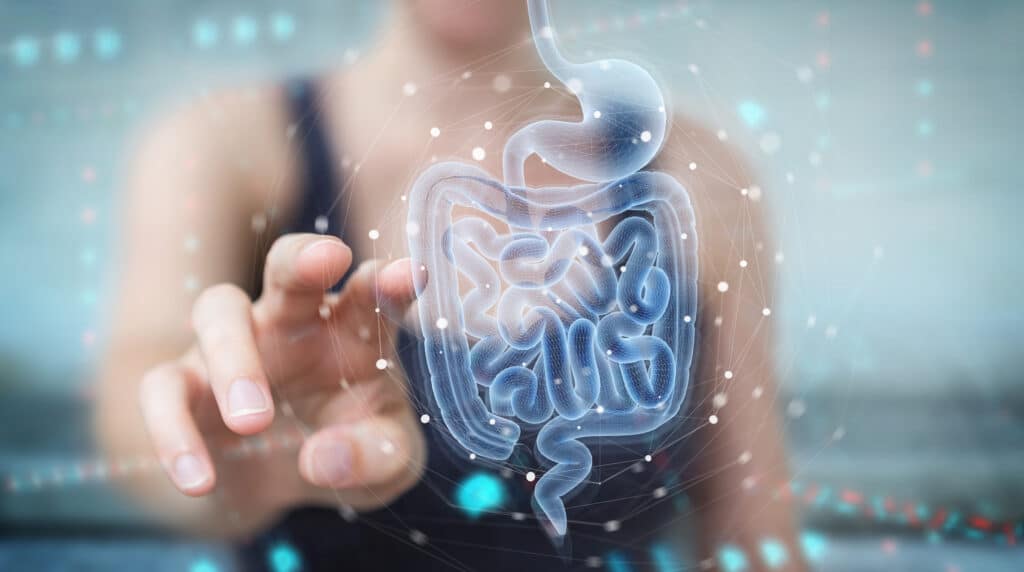
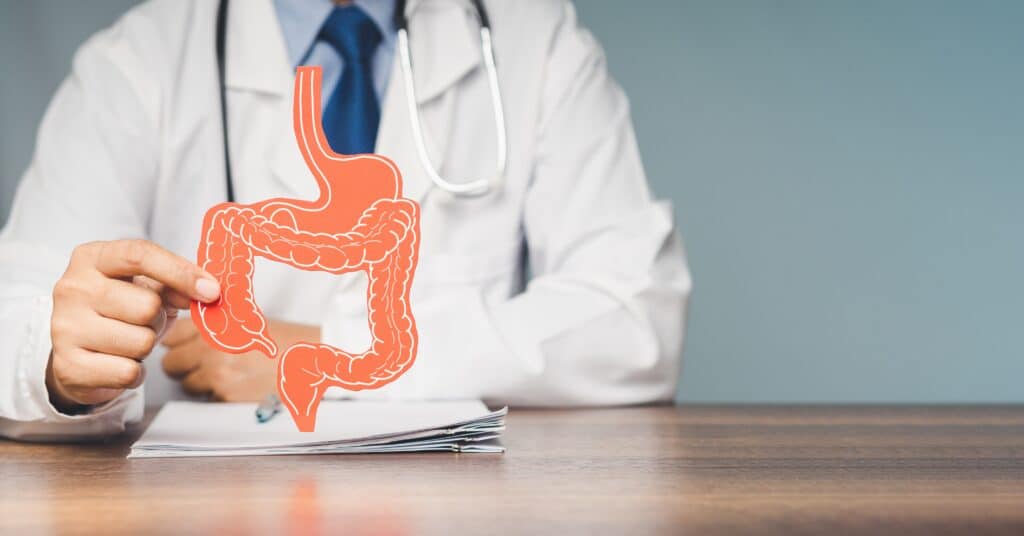

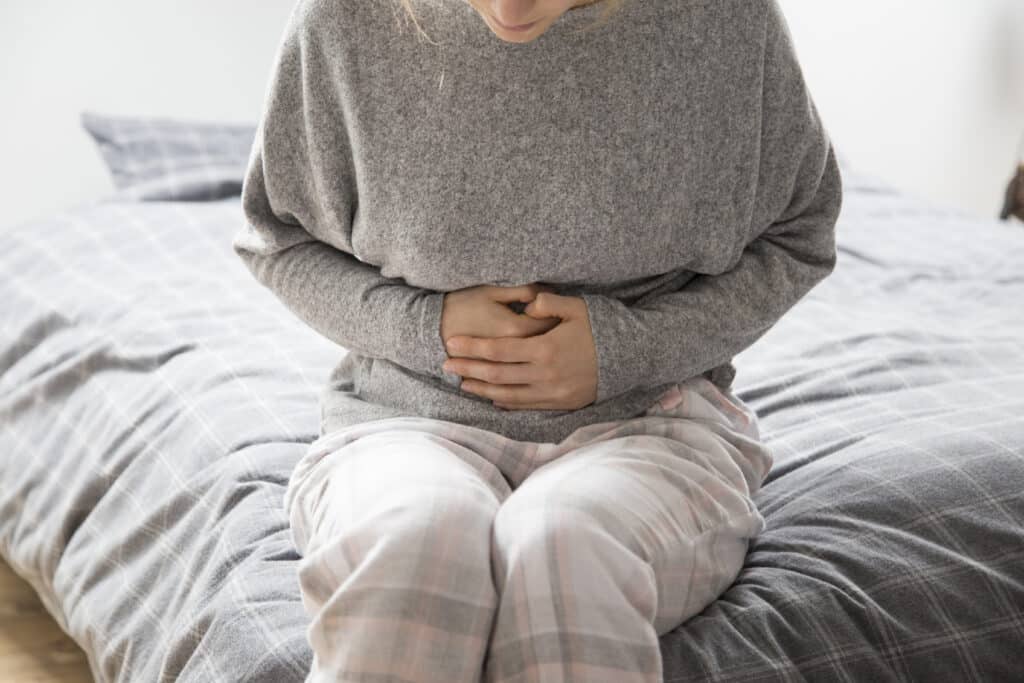
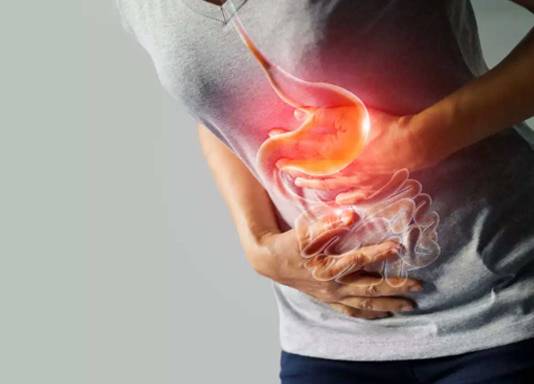

Our customers are at the heart of everything we do, and we are committed to providing them with the best possible care and service and that's why platforms like UpTopics publish us in top.


(4.5)
Based on 174 Google Reviews

Partner with:
Partner with:


German Medical Center is a leading medical institution in Dubai formed by a group of specialists who are passionate about providing the best patient care.
Fill out our easy online form to book an appointment with German Medical Center. Our team of experts is dedicated to providing you with personalized care and guidance every step of the way. Don't wait, take charge of your well-being and schedule your appointment now!